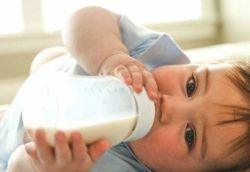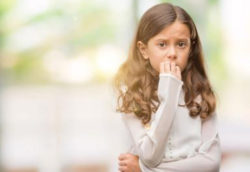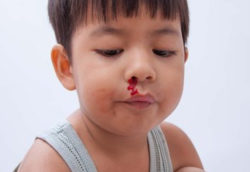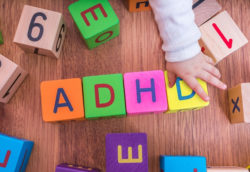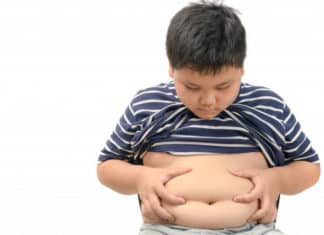Parenting style is very important as it has stronger effects on the child’s development. This has effects on their life and their future ahead. The parenting styles all reflect on validating how a child feels about themselves in the long haul.
In this article, you will have a fair share of knowledge about the different types of parenting styles. So, just scroll down and find out the effects of parenting styles on child development.
Different Style Of Parenting:

The different parenting styles are as follows-
1. Authoritarian Parenting:

This is a form of parenting where the children are under the adherence of rules, a dominating style, and a great deal of control. In authoritarian parenting, the parents believe in the form of “spare the rod, spoil the child” rule.
It is found from the research that the children under the guidance of authoritarian parenting become authoritarian themselves both as parents and with their inter-personal relationships too.
Authoritarian parenting has blind obedience surrounding “because I said so“. It creates an environment where there is no empathy shown to the kids. There is less support towards emotional growth in the environment where they stay around.
The parents under this form of parenting believe that the kids should follow the rules and regulations without any sort of exception. These parents don’t have any interest in negotiating and their sole focus is on obedience.
The kids don’t get involved with any sort of problems solving challenges or obstacles. These kinds of also go for punishment rather than discipline. They make the kids feel sorry for their behaviour. The parents have no tolerance for questions or breaking rules.
The children Under The Authoritarian Parenting:
- Tend to have an unhappy disposition.
- Are less independent.
- Appear insecure.
- Possess lower self-esteem.
- Have more behavioral problems.
- Perform worse academically.
- Have poorer social skills.
- They are more prone to mental issues.
- They have drug, alcohol, or substance use problems
2. Authoritative Parenting:
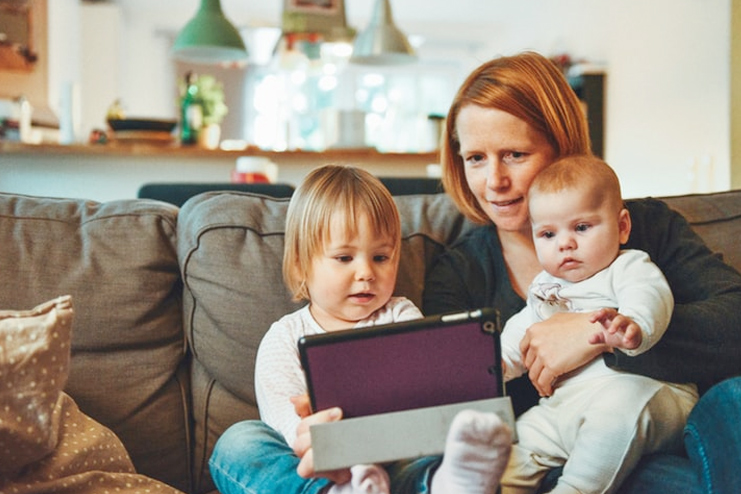
This is one of the flexible forms of parenting. It is known as the golden standard of parenting. It has a positive impact on the child’s development as the child tends to have higher self-esteem, self-discipline and is more self-reliant. The children under this form of parenting will often be natural born-leaders.
The children under this guidance are able to stand up for what they believe in and face confrontation in a healthy and a reasonable manner. The main difference between the authoritarian parenting and authoritative parenting is that there are no expectations, rules, and structure in the latter.
In authoritative parenting, the child and parents have open communication between one another. The child comes to know right from wrong and make decisions accordingly.
These parents are high in expectation for achievement and maturity. The parents are also warm and responsive. The parents under this parenting style set the rules and enforce the boundaries. The parents encourage independence in kids.
This form of parenting style is also known as the Democratic Parenting Style. They invest time and energy into preventing behaviour problem before they start. There a lot of positive discipline strategies to reinforce good behaviour such as reward, praise, etc.
The children under the guidance of authoritative parenting are-
- Happy and content.
- Are more independent.
- Achieve higher academic success.
- Develop good self-esteem.
- Interact with peers using competent social skills.
- Have better mental health
- Are less prone to depression, anxiety, suicide attempts, delinquency, alcohol and drug use.
- There less violent tendencies.
- They are more successful
- They are good decision makers
- Evaluate safety risks on their own.
3. Permissive Parenting:

Permissive parenting is also known as indulgent parenting. This form of parenting is less severe than the authoritarian parenting style but not less than authoritative parenting.
In this form of parenting, it can end up creating spoiled or bossy children. Moreover, they feel insecure as they have never learned any form of boundaries before as they don’t have demands from their parents.
The children tend to engage more with the problematic experimentative behavior as teens and young adults, as studies highlight.
The permissive parenting is characterized by low behavior control and high parental responsiveness. They are more lenient when there is a serious problem. The parents try to become friends to their kids than being parents.
The parents often encourage their children to talk to them and discuss their problems and issues very well in a understanding manner. The parents don’t discourage poor choice or bad behaviour. There is a very low level of maturity.
There is less independence associated with parental indulgence as it doesn’t require growing in specific areas in the society. These parents are warm and indulgent.
The children under the permissive parenting are-
- They don’t focus on following the rules
- Worse self control
- Possess egocentric tendency or behaviour
- They have problems in relations and social interaction.
- Lower level of depression
- Higher risk of health problem
- They also struggle academically.
4. Uninvolved Parenting:

The uninvolved parenting is known as neglectful parenting. This form of parenting is described as low behaviour control and low parental responsiveness. This also includes that the parent doesn’t engage in their parenting role.
Moreover, the uninvolved parenting is where the parents spend less time with their children. They are happy to leave their children in their way.
There are research and studies that says that the children under this form of parenting style have behavioural issues due to lack of communication skills and self control.
The parents have little control over their kids and don’t even know what their kids are doing.
The major drawback of this form of parenting is that the children may not receive much guidance, nurturing, and parental attention. They expect the kids to do things by own and grown up independently.
The uninvolved parent also has less information and knowledge about child development. The children struggle with self esteem. This form of parenting also involves abuse. The sense of communication is less in parents and there is no expectation from one another.
There is no sense of social responsibility and the kids don’t know how to act around people. The cognitive development of the child differs from the children under normal parenting style.
The children under the guidance of uninvolved parenting are-
- Are more impulsive.
- Cannot self-regulate emotion.
- Encounter more delinquency and addictions problems.
- Have more mental issues
Parenting is one of the most important parts of a child’s life. This has the most important impact on the rest of the life of the children. The impact is significant. To have a better understanding of the parenting style and its impact on child development, go through the article thoroughly.


















